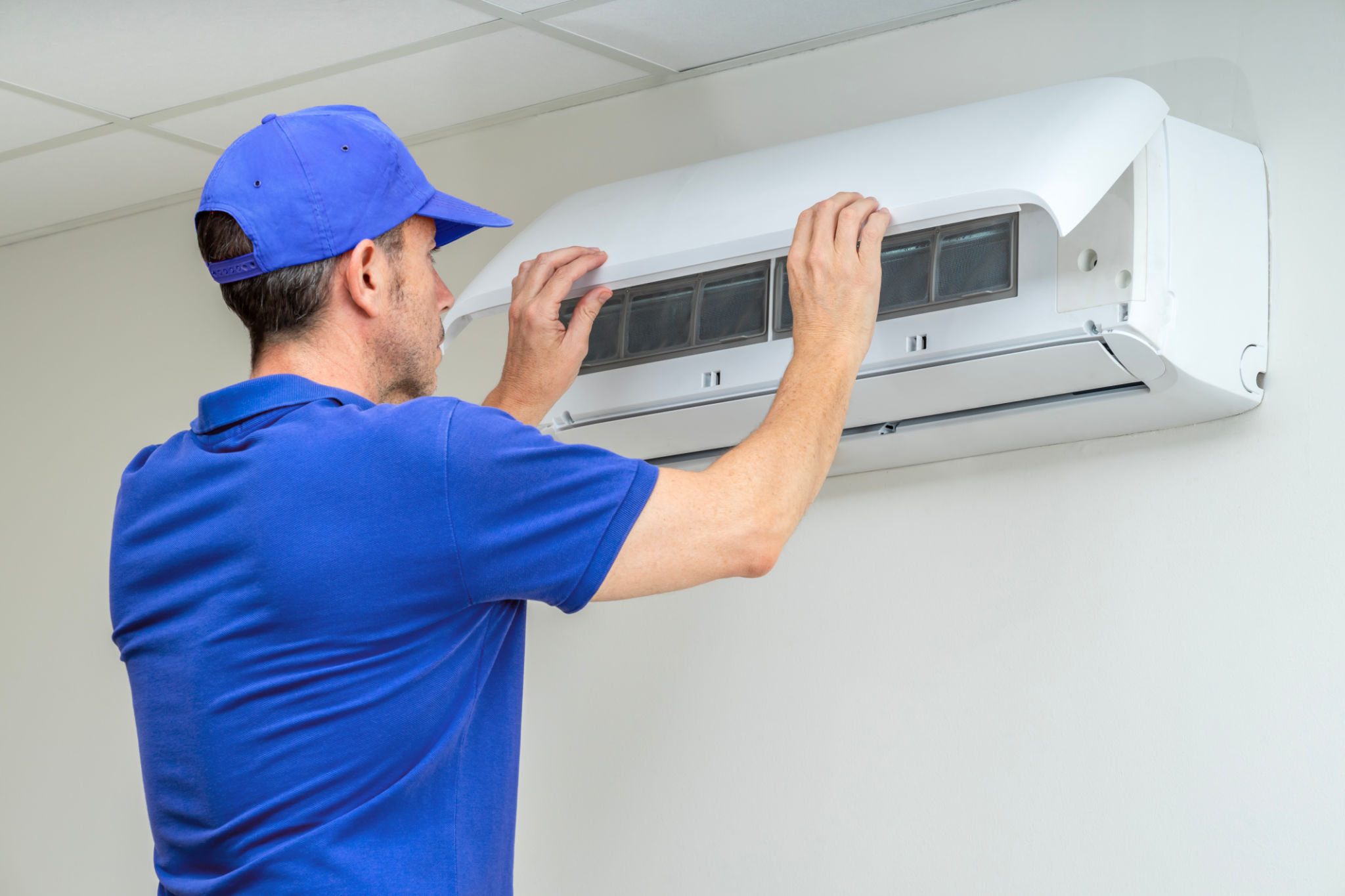Comparing HVAC Systems: Find the Right Eco-Friendly Option for Your Home
Understanding the Importance of Eco-Friendly HVAC Systems
With growing environmental concerns and rising energy costs, choosing an eco-friendly HVAC system for your home is more important than ever. These systems not only reduce your carbon footprint but also offer significant savings on utility bills. By investing in an environmentally conscious solution, you're ensuring a sustainable future while keeping your home comfortable year-round.

Types of Eco-Friendly HVAC Systems
Geothermal Heat Pumps
Geothermal heat pumps are a popular choice for eco-conscious homeowners. They utilize the earth's natural heat to regulate indoor temperatures efficiently. Although the initial installation cost can be high, these systems offer long-term savings and reduced energy consumption. By tapping into the consistent underground temperatures, geothermal heat pumps provide reliable heating and cooling with minimal environmental impact.
Solar-Powered HVAC
Solar-powered HVAC systems harness energy from the sun, making them a highly sustainable option. These systems can significantly decrease your reliance on traditional energy sources, leading to lower electricity bills and a reduced carbon footprint. While solar panels require an upfront investment, they often qualify for tax incentives and rebates, making them a financially viable choice in the long run.

Factors to Consider When Choosing an Eco-Friendly HVAC System
Efficiency Ratings
When comparing HVAC systems, it's crucial to consider their efficiency ratings. Look for units with high Seasonal Energy Efficiency Ratio (SEER) ratings for cooling and Heating Seasonal Performance Factor (HSPF) ratings for heating. Higher ratings indicate better energy efficiency, translating to lower energy consumption and costs.
System Size and Compatibility
Choosing the right size and compatibility for your home is essential to ensure optimal performance. An oversized or undersized system can lead to inefficiency and increased wear and tear. Consulting with an HVAC professional will help you determine the appropriate system size based on your home's specific requirements.

The Cost-Benefit Analysis of Eco-Friendly HVAC Systems
While eco-friendly HVAC systems often come with a higher initial price tag, the long-term benefits usually outweigh the costs. Reduced energy bills, tax incentives, and rebates can significantly offset the initial investment. Furthermore, these systems tend to have longer lifespans and require less maintenance, providing additional savings over time.
Making the Transition to a Greener Home
Switching to an eco-friendly HVAC system is a step towards a more sustainable lifestyle. Beyond financial savings, these systems contribute to reducing greenhouse gas emissions and conserving natural resources. As technology advances, more homeowners are embracing these greener options, making a positive impact on the environment.
Ultimately, selecting the right eco-friendly HVAC system depends on various factors, including your budget, home size, and climate. By carefully evaluating your options and consulting with professionals, you can find a solution that meets your needs while promoting environmental sustainability.